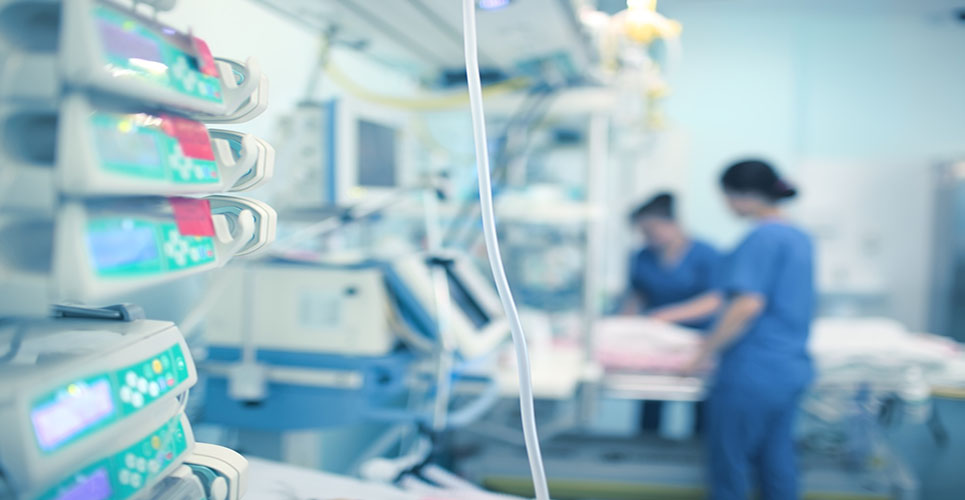teaser
Brian Edwards CBE
Emeritus Professor of Healthcare Development
University of Sheffield
UK
President
HOPE
(European Hospital and Healthcare Federation)
The question of how to deal with rare or orphan diseases continues to occupy the minds of European politicians. Apart from the challenge of funding research into diseases that affect only small numbers of patients, many regard the problem as one of solidarity and justice as they have a disproportionate impact on developing countries.
It has been estimated that 30 million people in Europe are affected by rare diseases, most of which are of genetic origin. As you might expect, there are huge disparities in Europe in the availability of centres for prenatal screening, genetic diagnosis and treatment.(1)
The European Commission is now exploring the practicability of creating a series of networked centres of reference. They will start with rare diseases but might eventually move onto higher-volume specialist services, such as cardiac surgery for children, which needs a population base larger than that of many States. The plan would be to take existing informal professional links and build them up into managed networks. This is challenging territory, as networks are difficult enough to set up within national jurisdictions without the added complication of cross-border collaboration.
The early discussions appear to have struggled to achieve a clear consensus on the way forward. How will the centres in the network be identified and quality assured? How will the centres receive their income and funds for capital investment? How many centres will there be in each network? The picture now appears clearer. The Commission does not intend to pay for individual patients to be treated in Rare Disease Networks. That will remain a matter for individual States to sort out. Referred patients may need prior approval from their governments or insurers before diagnosis or treatment can commence. The networks will need an agreed methodology for charging out services, including of course the decision-making structure for using new and inevitably expensive drugs. Any EU investment will probably be in infrastructure, including information technology and meeting setup costs. The governance arrangements represent a major problem unless each network is adopted by a single country on behalf of all the other countries. This would make the setup much easier and quicker. These diagnosis and treatment networks might of course overlap neatly with research networks into matching clinical areas.
Almost all of the specialists working in these areas are based at universities or hospitals in the public sector, but this may change as the balance between public and private sector provision continues to swing towards the commercial and not-for-profit sectors. Being part of a European-based specialist network may well offer a significant commercial advantage. For this reason, if no other, it will be important that all those who meet the clinical entry criteria have at least the opportunity to join.
For the EU this is an important first venture into the provision side of the health economy. It needs patience and skill to get it right.
Note
- European Organization for Rare Diseases [Eurordis].

